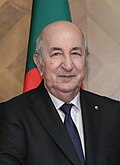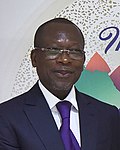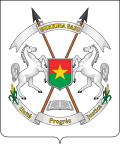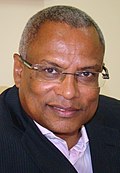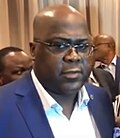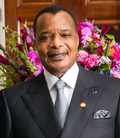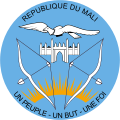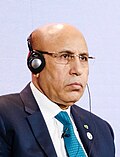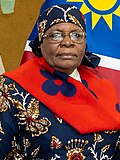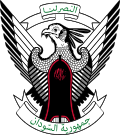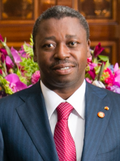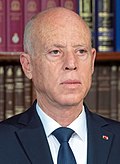This article needs additional citations for verification .(July 2025) |
| This article is part of a series on |
 |
|---|
The Assembly of the African Union, which is formally known as the African Union Assembly of Heads of State and Government (AU-AHSG), is one of several decision-making bodies within the African Union. The other bodies are the Pan-African Parliament; the Executive Council, consisting of foreign ministers of the AU members states; and the African Union Commission. The Assembly of the African Union consists of the 55 heads of state and government of the member countries. [1] The Assembly meets once a year.
Contents
The Chairperson of the Assembly presides the annual African Union Summit as well as the Pan-African Parliament during the election and swearing in of the President of the Pan-African Parliament.

